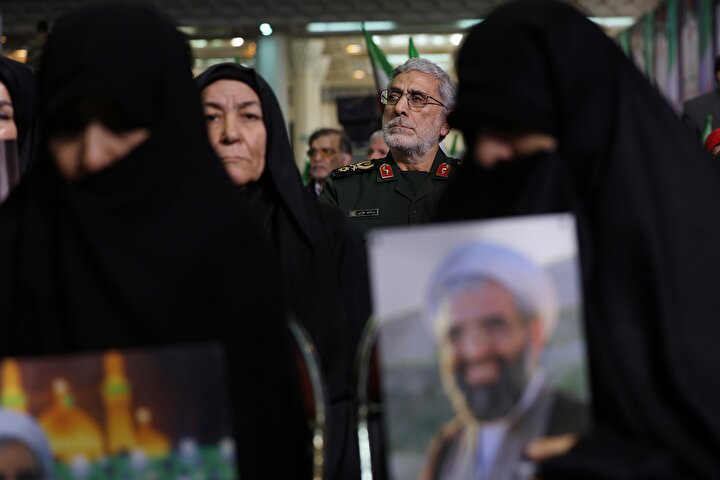
Report:
Saudi Forces Abduct Teenagers to Stop Revolution
Navideshahed: The Saudi security forces have resorted to the abduction of teenagers and children in the restive Eastern region of Qatif as part of their plans for confronting the popular uprising in the kingdom, a report said.

According to a report by Moltaqaa news website on Tuesday, eye-witnesses in the Qatif region said that Mostafa Abdolvahid al-Jamed, a teenager, was arrested by the Saudi patrol without any charge when he was walking on the sidewalk.
The report said that al-Jamed is just a single example of the abduction of teenagers and children by the Saudi regime since last month.
According to official data, over 6 teenagers were kidnapped by the Saudi forces last month and their worried families are not aware of the fate of their sons.
On Saturday, a large number of Saudi people staged a rally in the oil-rich Eastern region of Qatif, vowing to take revenge from the government for killing an 18-year-old teenager.
Anti-regime protesters staged overnight rallies on Saturday in Qatif after Hussain Yousef al-Qallaf died of his injuries, a day after being shot in the chest by security forces.
According to the Saudi Interior Ministry, Hussain Yousef al-Qallaf was among a number of young protesters, who clashed with regime forces in the city on Friday.
Since February 2011, Saudi protesters have held demonstrations on an almost regular basis in Eastern Provinces, mainly in the Qatif region and the town of Awamiyah, calling for the release of all political prisoners, freedom of expression and assembly, and an end to widespread discrimination.
However, the demonstrations have turned into protests against the Al Saud regime, especially since November 2011, when Saudi security forces killed five protesters and injured many others.
The Saudi interior ministry issued a statement on March 5, 2011, prohibiting "all forms of demonstrations, marches or protests, and calls for them, because that contradicts the principles of the Islamic Sharia, the values and traditions of Saudi society, and results in disturbing public order and harming public and private interests."
In June, Saudi King Abdullah bin Abdulaziz Al Saud ordered the country's security forces to go on a state of high alert due to what he called a "turbulent situation" in the region.
According to Human Rights Watch, the Saudi regime "routinely represses expression critical of the government".
The End
Source: Fars News Agency
According to a report by Moltaqaa news website on Tuesday, eye-witnesses in the Qatif region said that Mostafa Abdolvahid al-Jamed, a teenager, was arrested by the Saudi patrol without any charge when he was walking on the sidewalk. The report said that al-Jamed is just a single example of the abduction of teenagers and children by the Saudi regime since last month. According to official data, over 6 teenagers were kidnapped by the Saudi forces last month and their worried families are not aware of the fate of their sons. On Saturday, a large number of Saudi people staged a rally in the oil-rich Eastern region of Qatif, vowing to take revenge from the government for killing an 18-year-old teenager. Anti-regime protesters staged overnight rallies on Saturday in Qatif after Hussain Yousef al-Qallaf died of his injuries, a day after being shot in the chest by security forces. According to the Saudi Interior Ministry, Hussain Yousef al-Qallaf was among a number of young protesters, who clashed with regime forces in the city on Friday. Since February 2011, Saudi protesters have held demonstrations on an almost regular basis in Eastern Provinces, mainly in the Qatif region and the town of Awamiyah, calling for the release of all political prisoners, freedom of expression and assembly, and an end to widespread discrimination. However, the demonstrations have turned into protests against the Al Saud regime, especially since November 2011, when Saudi security forces killed five protesters and injured many others. The Saudi interior ministry issued a statement on March 5, 2011, prohibiting "all forms of demonstrations, marches or protests, and calls for them, because that contradicts the principles of the Islamic Sharia, the values and traditions of Saudi society, and results in disturbing public order and harming public and private interests." In June, Saudi King Abdullah bin Abdulaziz Al Saud ordered the country's security forces to go on a state of high alert due to what he called a "turbulent situation" in the region. According to Human Rights Watch, the Saudi regime "routinely represses expression critical of the government". The End Source: Fars News Agency



